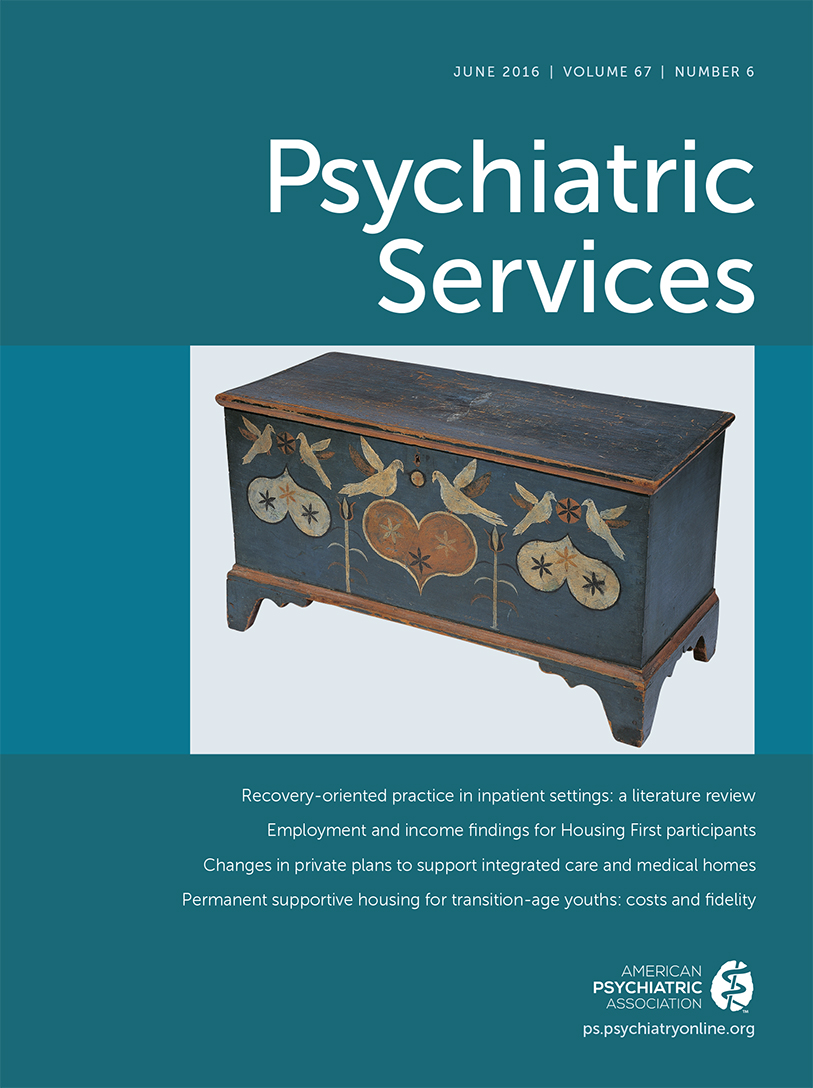Effects of Housing First on Employment and Income of Homeless Individuals: Results of a Randomized Trial
Abstract
Objective:
Housing First is emerging as an evidence-based practice for housing and supporting people who are homeless and have a mental illness. The objective of this study was to determine whether Housing First increases the odds of obtaining competitive employment in this population and affects income, including income from informal and illegal sources.
Methods:
A total of 2,148 people with a mental illness were recruited from five Canadian cities while they were homeless, classified as having moderate or high needs, and randomly assigned to Housing First or usual care. Housing First participants with high needs received assertive community treatment (ACT), and those with moderate needs received intensive case management (ICM). Every three months, participants were interviewed about employment and earnings in the previous months (median follow-up=745 days). Regression models were estimated via generalized estimating equations.
Results:
ICM recipients had lower odds of obtaining employment compared with the control group with moderate needs. The odds of obtaining employment among ICM recipients increased but their employment rate never exceeded that of the control group. For ACT recipients, the odds of obtaining employment were not significantly different from those of the control group. Among Housing First participants, persons employed at baseline, men, and younger participants had greater odds of employment compared with control participants. Housing First did not appear to significantly increase income.
Conclusions:
This was the first large-scale randomized controlled study of Housing First’s effects on employment. Further research is needed to determine how Housing First may be enhanced to increase odds of obtaining employment.




